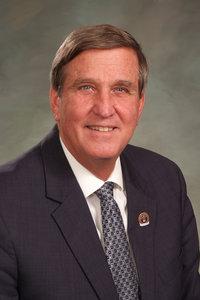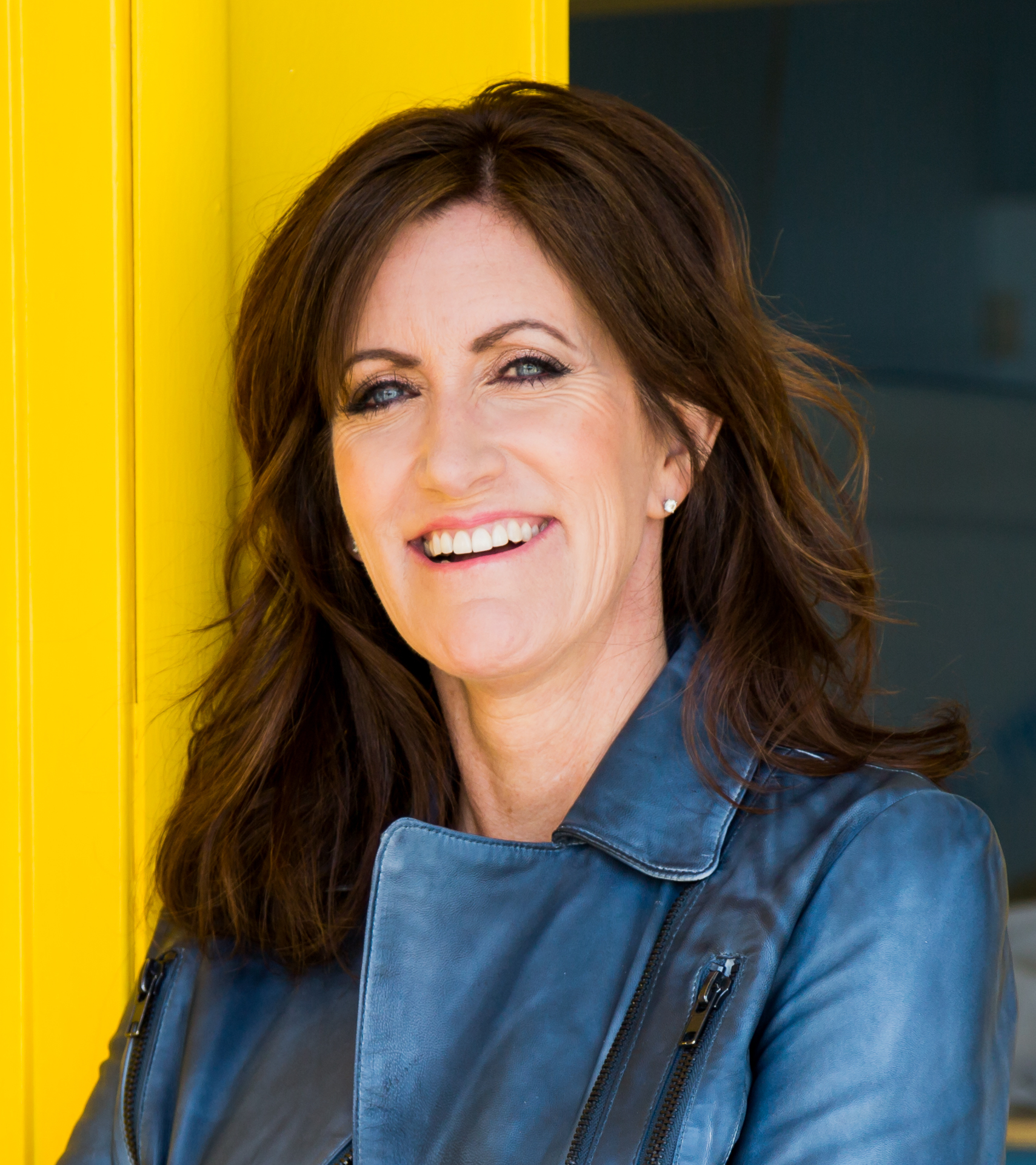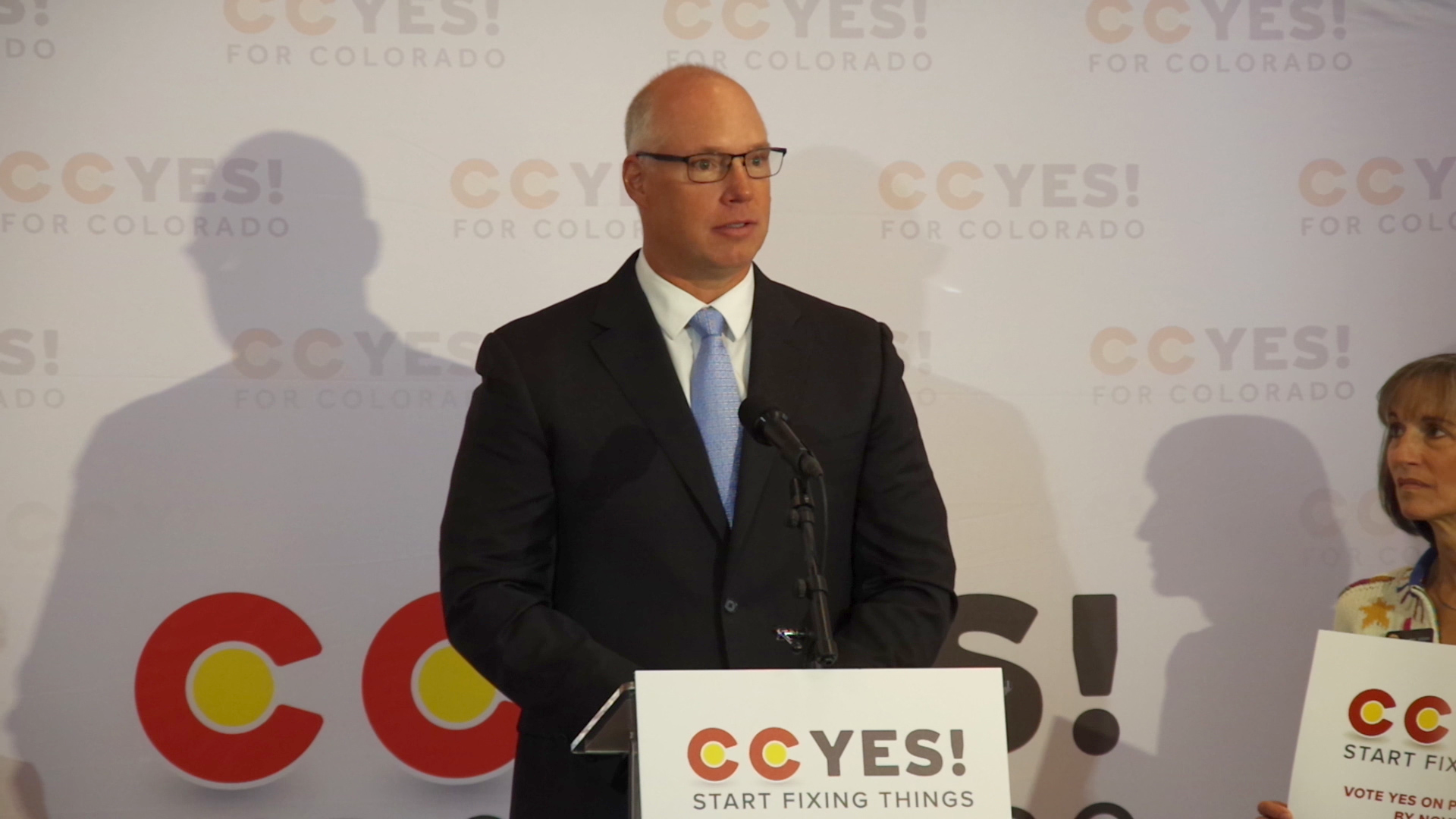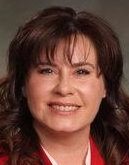DENVER — With a bank balance of more than $1.7 million, the campaign to support Proposition CC officially launched Wednesday morning with Gov. Jared Polis telling a small crowd of mostly educators, students, and Democrat lawmakers that revoking Coloradans’ tax refunds would “Finally allow the state to begin fixing things.”
However, not everyone agrees.
“The legislature — much like they did on Referendum C — even though CC says we’re going to put the money here, here and here, doesn’t mean that’s where the money is actually going to go,” said Senate Assistant Minority Leader John Cooke, R-Greeley. “The legislature can spend that money on whatever pet projects they want.”
Because Proposition CC — which would permanently allow the state to keep all revenue collected above the current limitations in Colorado’s Taxpayer’s Bill of Rights (TABOR) — isn’t a constitutional amendment, if it’s successful, the state legislature can change the parameters of how it’s enforced after the first year.

Cooke said with recent reports that spending is already exceeding revenue after a slew of spending bills were passed through mostly on party-line votes by the Democrat majority last year, Cooke and others don’t see how the legislature won’t use Proposition CC money on things outside its intent.
“There is no flexibility in the budget,” Cooke said. “That’s one reason they want this money is to pay for those pet projects, and what happens if we have another recession?”
Metropolitan State University (MSU) of Denver President Janine Davidson hosted the event and announced the MSU student government and the MSU Foundation board of trustees had pledged $25,000 to the Yes on CC campaign.
Davidson said they did so because if passed, money collected would go to what she called the most unfunded services in all of Colorado without raising taxes.
“The money it raises will be transparent, accountable and equally split between K-12, higher ed and transportation.”

University of Colorado Regent and Co-Chairperson of the No on CC campaign Heidi Ganahl disagreed.
“When you keep and spend more tax money, that would otherwise be refunded to taxpayers, it’s a tax increase,” Ganahl said. “Our tax rate isn’t going up, but our tax liability is.”
Cooke agreed, calling the ballot initiative — which starts out with: “without raising taxes” — disingenuous.
“Any time the state keeps money it’s not entitled to, that is a tax increase,” Cooke said. “They are raising taxes. They are taking money that doesn’t belong to them, and they don’t want to give it back.”
Davidson wasn’t the only one to claim no new taxes. Most every speaker stressed that Proposition CC was not a raise in taxes but more like the state was simply “keeping the change” from what taxpayers already paid but were due back.

Sen. Kevin Priola, who was the only Republican legislator to vote in favor of referring CC to the ballot and the only one supporting the Yes on CC campaign, said after the event that even if CC passes the “$9 billion structural hole” the state is in with the Colorado Department of Transportation still won’t get cleared up. He blamed a failure to adjust the gas tax for the past 25 years on TABOR.
“In real economic terms the citizens of Colorado have had a tax cut for their gas,” Priola said. “So, all this does is ask them, ‘Hey can we keep the change and use it for these three things?’”
Priola told the crowd Prop CC was a function of TABOR.
“We’re using a component of TABOR,” he said. “I’ve defended TABOR all my adult life. One of my first votes was in the early 90s and I voted for TABOR. One of the reason’s TABOR passed was it had the direct democracy component to go to the voters and let them make the decisions. If they want to invest in our infrastructure and education, without raising new taxes and make that rational decision.”
Ganahl disagreed, reiterating Cooke’s point that the language of Proposition CC deceives voters.
“Voters should weigh-in, but they should also have information about what this ballot issue really means for them,” Ganahl said. “The ballot language is misleading. It doesn’t mention TABOR or refunds or how it is permanent. Also, the same people who use that argument about “asking the people,” never support asking the people if they want to cut their taxes instead of raising them.”
Dan Ritchie, Chancellor Emeritus of the University of Denver called Prop CC the ability to “give up our small temporary refunds.”
However, the revenue that was kept during the five years during the TABOR timeout caused by Referendum C in 2005 amounted to $1.2 billion in unreturned rebates to taxpayers.
Those against Prop CC say this time around it’s permanent and the state doesn’t need the money, it needs to prioritize.

“We have a spending problem, not a revenue problem,” said Rep. Lori Saine, R-Dacono. “We had so much extra money this year and last year to put into things like college tuition, roads, bridges, K-12, whatever the voters want, we have that (revenue). With Proposition CC there is no guarantee where the money is going to go after the first year.”
Saine added that although people think they have control over this, they don’t.
“Legislators can do whatever they want,” Saine said. “We cannot bind future legislatures. They can essentially grow government in a way that nobody wants. If you think about what happened with Ref C, they used it for what they said they would the first year and then they dumped it into whatever they want to use it for.”
Ritchie also told the crowd to beware of money from outside of Colorado being spent from the opposition, referring to Americans for Prosperity (AFP), a Washington D.C.-based organization with branches in 38 states, including Colorado, that according to its website advances “policies that will help people improve their lives”.
AFP Colorado recently spent nearly $500,000 on a media campaign to opposed Prop CC.
However, the Yes on CC campaign has collected exponentially more money than the official NO on CC campaign, with ending bank balances in September of $1.7 million and $17,000, respectively. And, still, three times more than the two opposition groups combined.
Additionally, the Yes on CC campaign has accepted out of state money. Both the National Education Association, based in Washington D.C. ($250,000) and The Education Reform Now Advocacy group ($100,000) donated to the yes effort in the last few weeks.
Lisa Weil, the executive director of Great Education Colorado said the fact teachers spend an average of $600 a year out of pocket for classroom supplies is unacceptable and Prop CC will begin to fix that problem.
However, Cooke and Saine both recalled a bill by Sen. Owen Hill, R-Colorado Springs, that would have given teachers a Colorado Income Tax credit for money spent between $250 and $750 spent out of pocket, but Democrats killed the bill.
Legislative Council Staff predicted it would refund about $22 million to Colorado teachers.
“If they wanted to directly impact teachers —especially where they need it the most,” Saine said. “Why didn’t they address that issue directly. Democrats all voted it down.”
Priola admitted there were no guarantees the money would always go to education and transportation, but he said, if it doesn’t, citizens can always launch a repeal process.
“They could always carry a petition to reverse CC in the future,” Priola said. “That’s the way our system works. A year or two from now if future legislatures take all that money and spend it on prisons, I’m sure a lot of people will be really upset and sign a lot of petitions, and there will be something on the ballot in two to three years to reverse CC.”
A repeal would involve hundreds of thousands of dollars and a petition process that could take between one and two years for voters to get another opportunity to vote on the repeal. Additionally, there would still be no guarantees the repeal language wouldn’t be reworked by a future legislature.
“The burden shouldn’t be on taxpayers to put a repeal on the ballot,” Ganahl said. “It should be for the legislature to prove that the money is being spent the right way after a sunset. Sunsets help foster more accountability.”


